All Formats & Editions
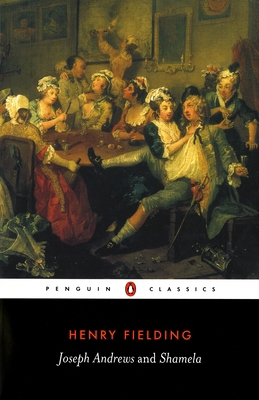
Joseph Andrews and Shamela
'Kissing, Joseph, is but a Prologue to a Play. Can I believe a young Fellow of your Age and Complexion will be content with Kissing?' Joseph Andrews , Henry Fielding's first full-length novel, depicts the many colourful and often hilarious adventures of a comically chaste servant...
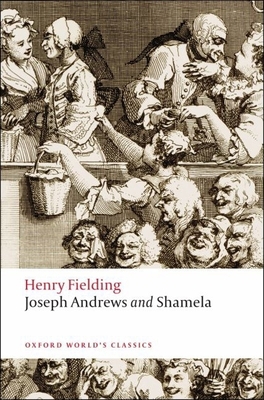
Joseph Andrews & Shamela
Henry Fielding wrote both Joseph Andrews (1742) and Shamela (1741) in response to Samuel Richardson's book Pamela (1740), of which Shamela is a splendidly bawdy travesty. Joseph Andrews begins as a parody, too, but soon outgrows its origins, and its deepest roots lie in Cervantes...

Joseph Andrews/Shamela
SHAMELA is a brilliant parody of Samuel Richardson's PAMELA, in which a virtuous servant girl long resists her master's advances and is eventually 'rewarded' with marriage. Fielding's far more spirited and sexually honest heroine, by contrast, merely uses coyness and mock modesty...
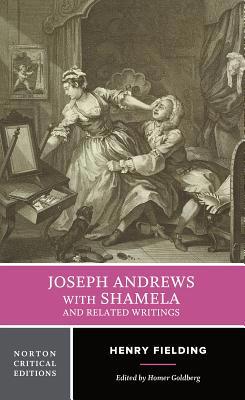
Joseph Andrews with Shamela and Related Writing...
An accurate text of Shamela (Fielding's satire of Samuel Richardson's Pamela, the most popular epistolary novel of the eighteenth century) as well as An Essay on the Knowledge of the Characters of Men, selections from The Champion, and the Preface to The Adventures of David Simple...

Joseph Andrews & Shamela
Henry Fielding wrote both Joseph Andrews (1742) and Shamela (1741) in response to Samuel Richardson's book Pamela (1740), of which Shamela is a splendidly bawdy travesty. Joseph Andrews begins as a parody, too, but soon outgrows its origins, and its deepest roots lie in Cervantes...
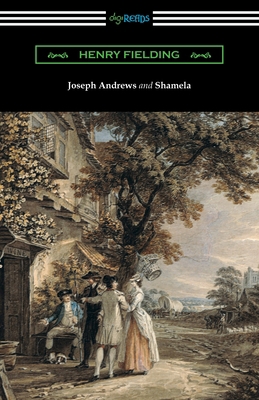
Joseph Andrews and Shamela
The first novel of English magistrate Henry Fielding, "Joseph Andrews" was written in 1742 as a complete extension of the author's pamphlet "Shamela". The latter contains an impressively coarse parody of "Pamela", the Samuel Richardson novel that rewards a servant girl with...

Joseph Andrews And Shamela
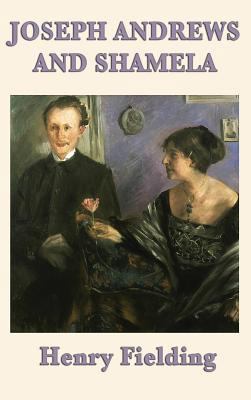
Joseph Andrews and Shamela
It is the story of a good-natured footman's adventures on the road home from London with his friend and mentor, the absent-minded parson Abraham Adams. The novel represents the coming together of the two competing aesthetics of eighteenth-century literature: the mock-heroic and...
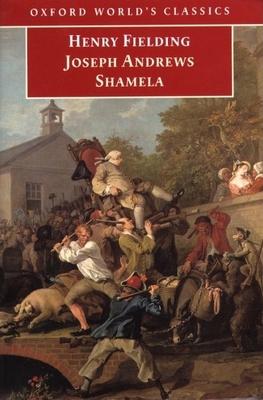
Joseph Andrews and Shamela
Henry Fielding wrote both Joseph Andrews (1742) and Shamela (1741) in response to Samuel Richardson's book Pamela (1740), of which Shamela is a splendidly bawdy travesty. Joseph Andrews begins as a parody, too, but soon outgrows its origins, and its deepest roots lie in Cervantes...

Joseph Andrews and Shamela
Henry Fielding wrote both Joseph Andrews (1742) and Shamela (1741) in response to Samuel Richardson's book Pamela (1740), of which Shamela is a splendidly bawdy travesty. Joseph Andrews begins as a parody, too, but soon outgrows its origins, and its deepest roots lie in Cervantes...

Joseph Andrews and Shamela
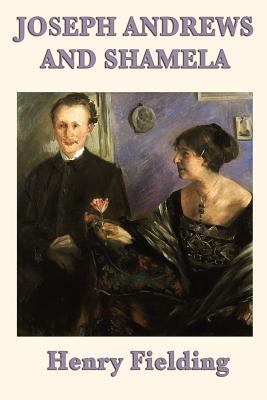
Joseph Andrews and Shamela
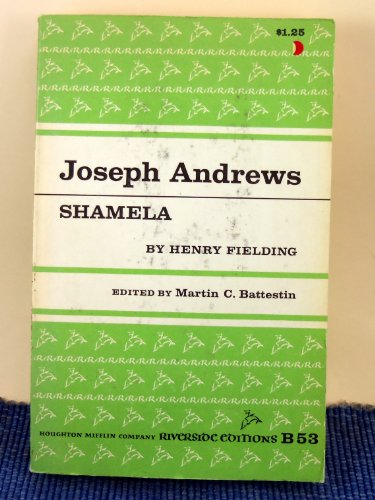
Joseph Andrews and Shamela. Edited by Martin C....


Joseph Andrews & Shamela
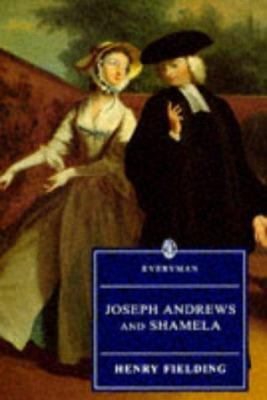
Joseph Andrews & Shamela

Joseph Andrews, and Shamela
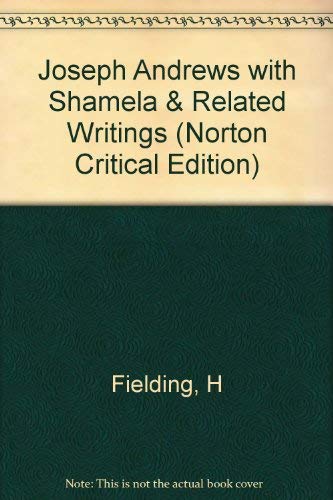
Joseph Andrews: With Shamela: And Related Writi...
This is a reproduction of a book published before 1923. This book may have occasional imperfectionssuch as missing or blurred pages, poor pictures, errant marks, etc. that were either part of the original artifact, or were introduced by the scanning process. We believe this work...

Joseph Andrews and Shamela
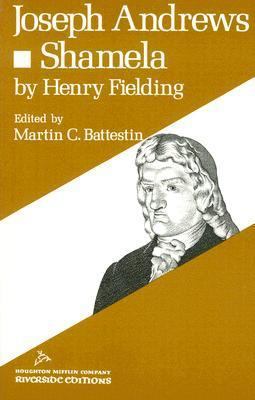
Joseph Andrews and Shamela

Joseph Andrews & Shamela
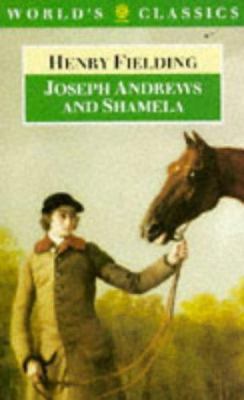
The History of the Adventures of Joseph Andrews...




